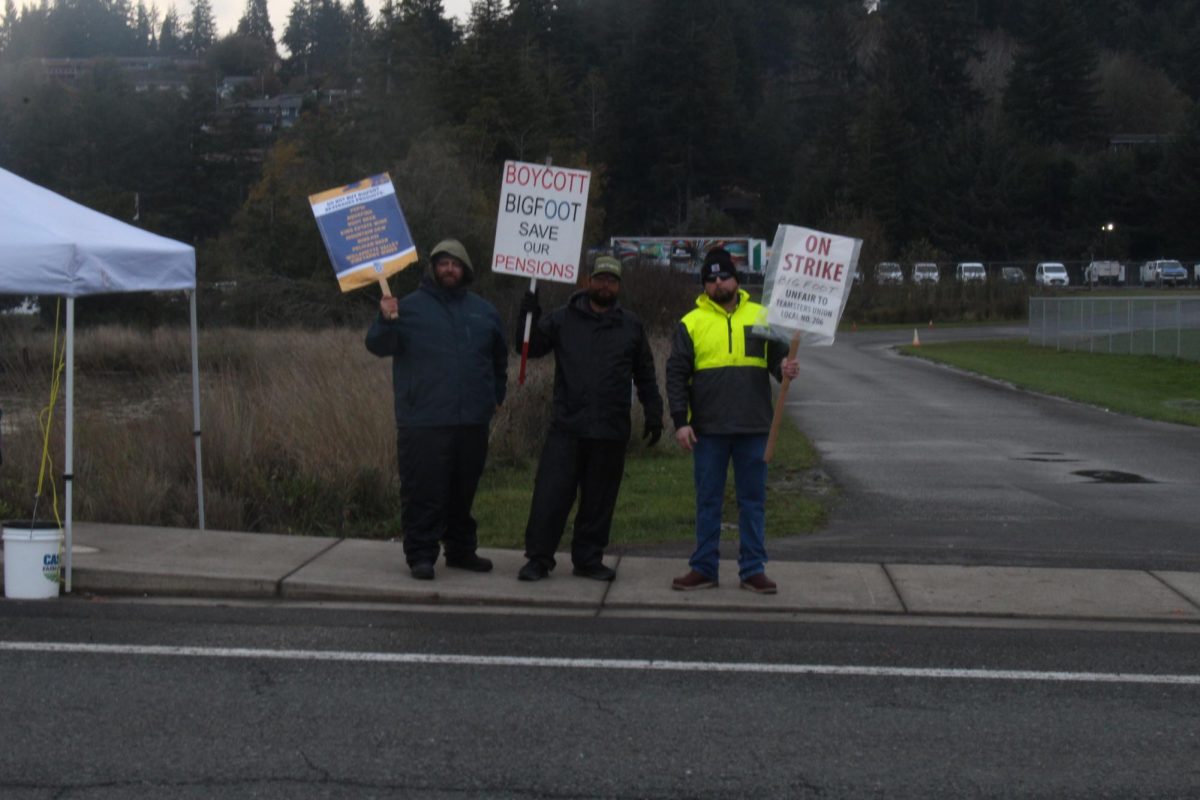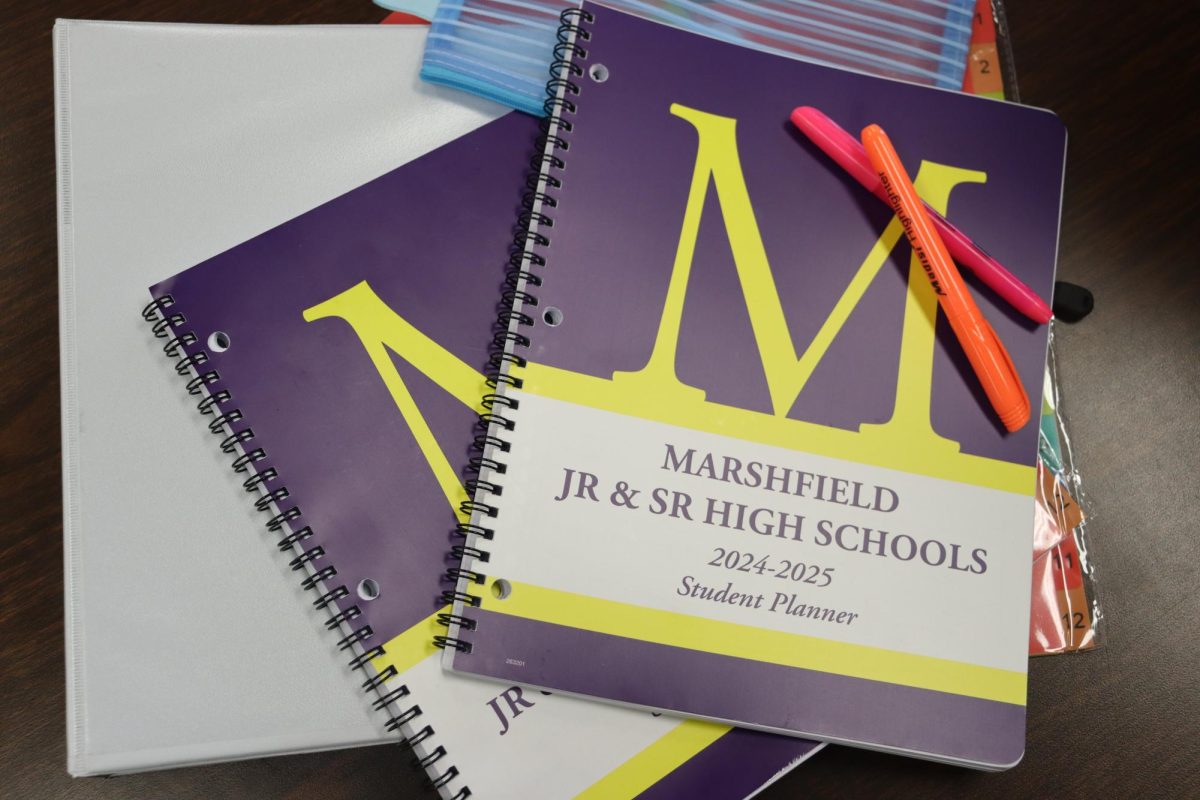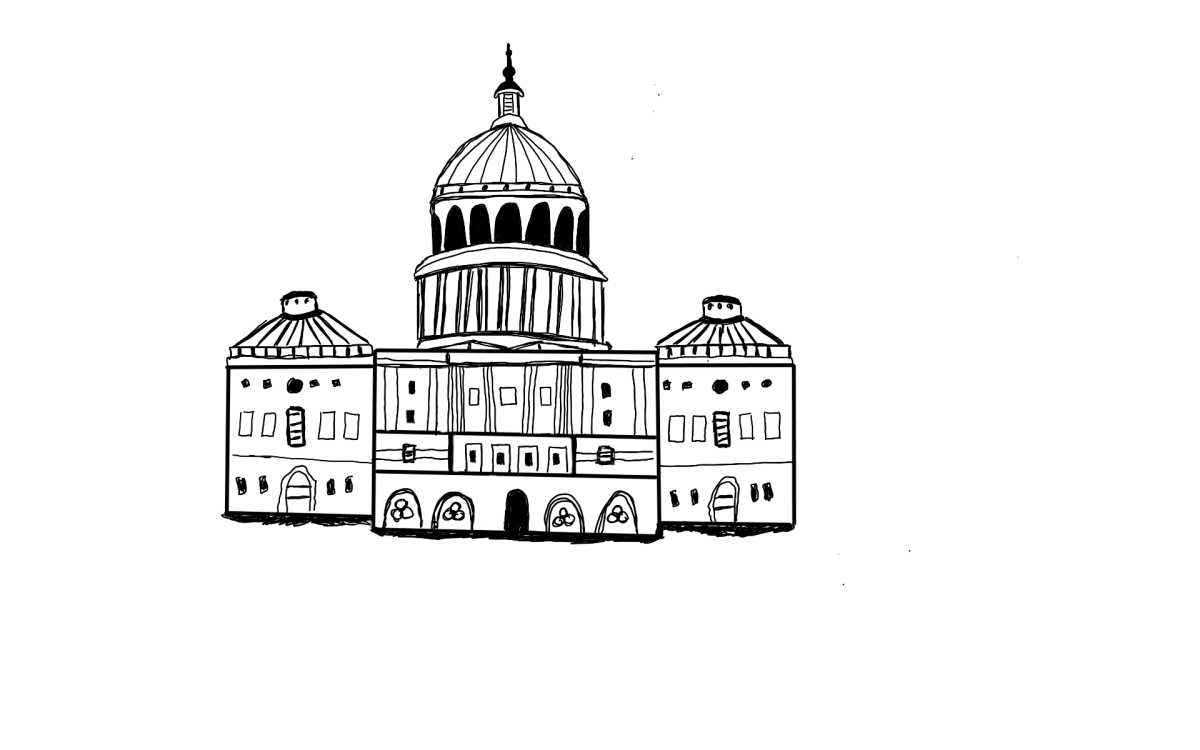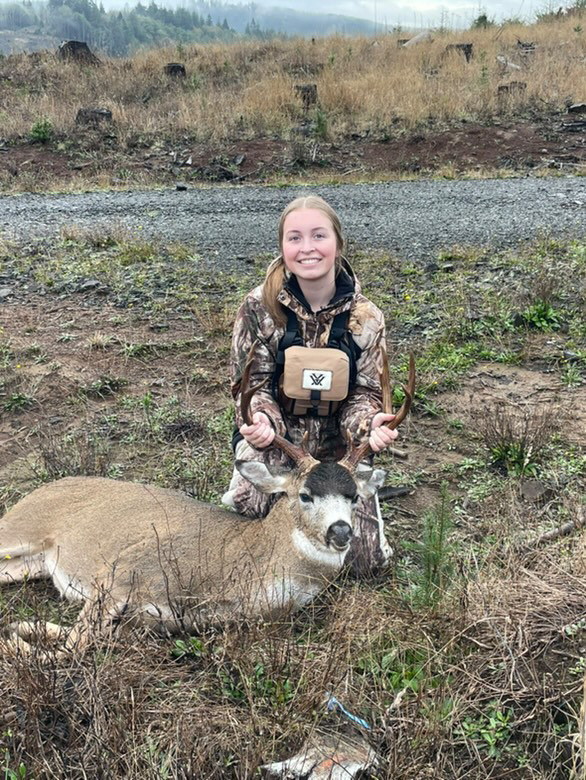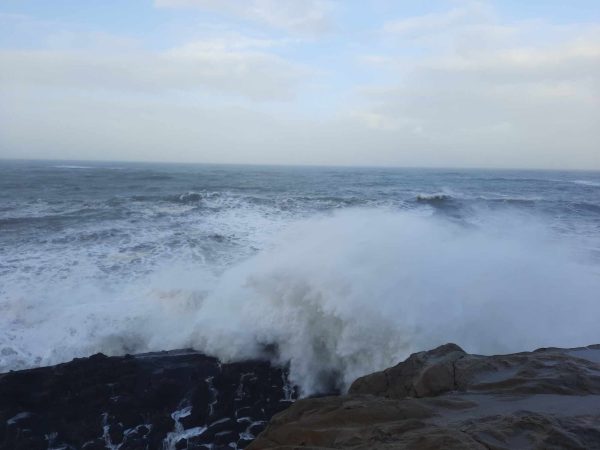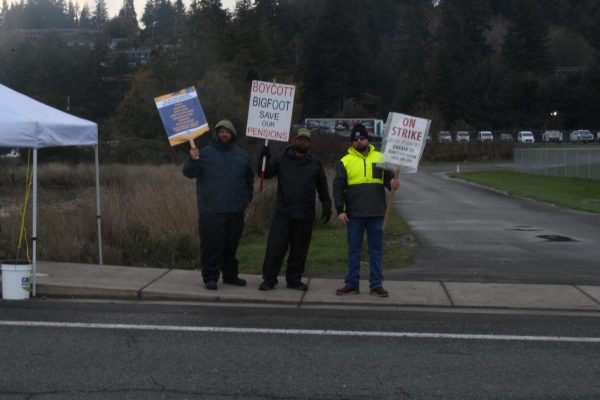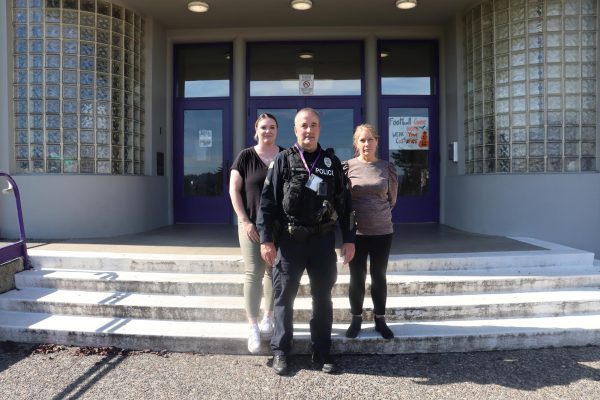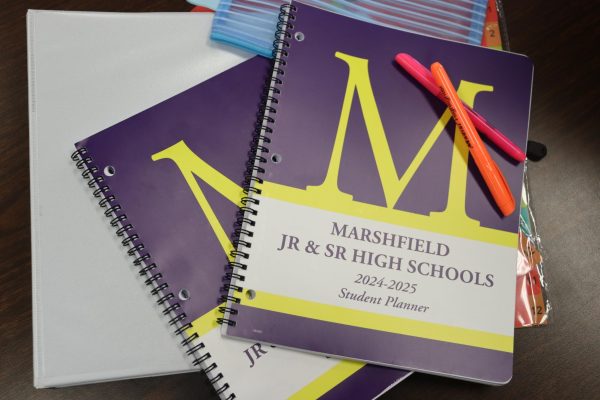Carbon Credit: Permit to Emit
Carbon credits have been taking over big corporations in America for over two decades, shaking up climate activists and top CEOs alike. Carbon credits, sometimes known as Emission Reduction Payment Agreements, or ERPA, are legally binding contracts that state that one group may deliver verified carbon credits to another party. It usually involves a government or a private business selling carbon credits to the World Bank’s trust fund. Carbon credits are often hailed as the way to incentivize major players who put out greenhouse gas emissions to reduce them, and to even benefit from them.
“I like that we’re taking a bigger approach to subsidize our carbon use, but I wish we could do the same thing on a smaller scale so we can get it out to everybody, not just big companies,” said MHS junior Harper Thompson.
Carbon credit popularity has been on the rise in part by the Paris Agreement, which many nations have agreed to take part in to combat climate change. Carbon credits were the main topic for the 26th United Nations Climate Change Conference in Glasgow last year, spurring more nations to take action in this particular way.
There are concerns among the relatively new system, including but not limited to, double counting greenhouse gas reductions, human right’s abuse, and greenwashing– when companies misrepresent how carbon neutral their products or services are.
“I believe that moving away from fossil fuels using incentives like the carbon program can be very helpful for the environment, but we will see to it that we can get whatever passed that we need to get passed,” said Oregon Representative Val Hoyle.
Blue carbon is another way that nations are trying to shift away from fossil fuels to cleaner energy. Blue carbon uses areas that take in more carbon dioxide than they produce, which are called ‘carbon sinks’. Oregon is trying to harness the power of its wetlands, forest, and agricultural lands in order to achieve the goals for reducing greenhouse gas emissions. It is a widespread idea to link the ERPA carbon credit system with Blue carbon to attack multiple facets of greenhouse gas mitigation.
“Fossil fuels are a non-partisan issue,” said Hoyle, “We are working to solve it one step at a time.”
Your donation will support the student journalists of Marshfield High School. Your contribution will allow us to purchase equipment and cover our annual website hosting costs.

Alice is a senior, and is brand new to journalism this year. She works as a waitress at Sumins, takes ballet classes, reads, and paints in her free time....



